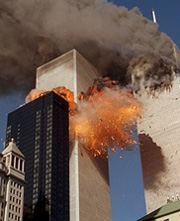 Depuis 2008, le 11 septembre a été reconnu Journée Mondiale de Lutte contre le Terrorisme par de nombreuses associations, comme le MPCT (Mouvement pour la Paix et Contre le Terrorisme). Cette date n’est évidemment par anodine puisqu’elle rappelle l’un des actes de terrorisme les plus marquants de l’Histoire: les attentats du 11 septembre 2001.
Depuis 2008, le 11 septembre a été reconnu Journée Mondiale de Lutte contre le Terrorisme par de nombreuses associations, comme le MPCT (Mouvement pour la Paix et Contre le Terrorisme). Cette date n’est évidemment par anodine puisqu’elle rappelle l’un des actes de terrorisme les plus marquants de l’Histoire: les attentats du 11 septembre 2001.
Cette journée est l’occasion de renforcer la solidarité envers les victimes et leurs familles et de renforcer les liens entre les diverses associations d’aide aux personnes touchées par des actes de terrorisme. L’association SOS Attentats – SOS terrorisme souhaite, par ce rapprochement, créer un véritable réseau qui apportera des réponses, un soutien, une écoute aux victimes, sans discrimination aucune.
Comment agir ?
Bien que les associations et les Organisations Non Gouvernementales se chargent des actions les plus délicates, telles que la création de loi en faveur des victimes du terrorisme ou la mise en place d’un suivi psychologique, chacun d’entre nous peut agir à son niveau en intégrant une association ou en se mobilisant lors des rencontres internationales.

 misun
misun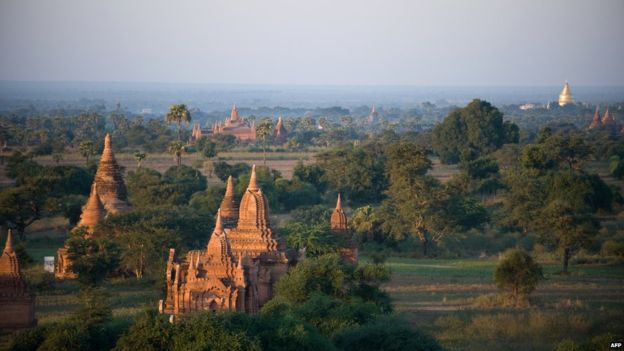 La photo de la bannière ci-dessus est celle d’une femme de la tribu Rohingya. La photo date d’octobre 2015 alors que ce groupe ethnique faisait les manchettes de l’actualité. À regret, il faut dire que c’est encore le cas aujourd’hui. En effet, l’ONU vient de publier un rapport (février 2017) qui affirme qu’il s’agit là de la population la plus persécutée du monde!…
La photo de la bannière ci-dessus est celle d’une femme de la tribu Rohingya. La photo date d’octobre 2015 alors que ce groupe ethnique faisait les manchettes de l’actualité. À regret, il faut dire que c’est encore le cas aujourd’hui. En effet, l’ONU vient de publier un rapport (février 2017) qui affirme qu’il s’agit là de la population la plus persécutée du monde!…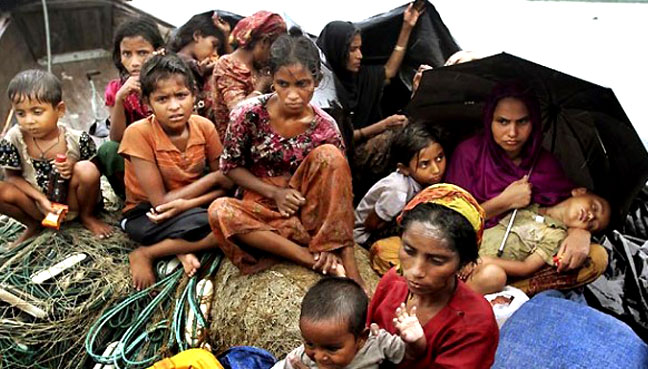
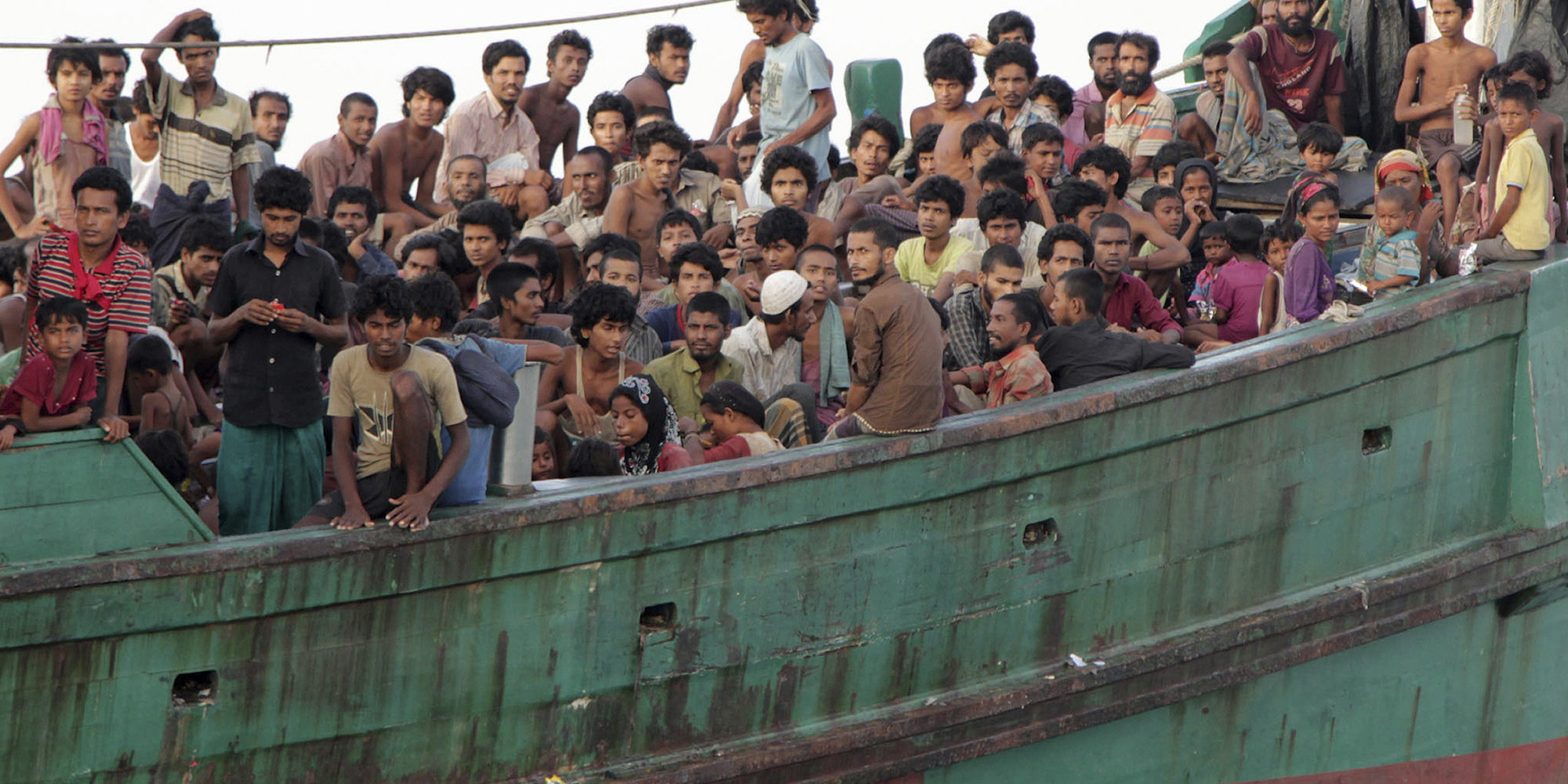

 International Epilepsy Day is marked in order to recognise that epilepsy is an illness and spread the message that people who suffer from it can be successful.
International Epilepsy Day is marked in order to recognise that epilepsy is an illness and spread the message that people who suffer from it can be successful.
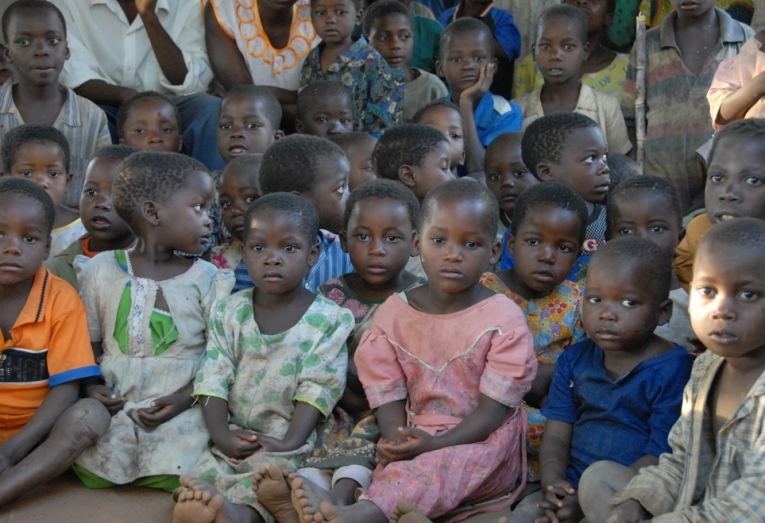
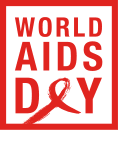
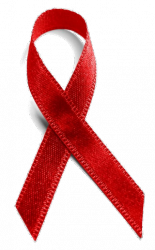 la date du 1er décembre 1988 comme Journée mondiale du sida, l’Assemblée a souligné l’importance de cette manifestation (résolution 43/15). Aujourd’hui, plus de 41 millions de personnes sont séropositives et sidéennes. La journée mondiale de lutte contre le SIDA n’est pas la seule occasion de revenir sur ce dossier brûlant, mais en insistant sur le fait que nous devons être tous ensemble contre le SIDA, elle a toute sa place dans le calendrier des journées internationales.
la date du 1er décembre 1988 comme Journée mondiale du sida, l’Assemblée a souligné l’importance de cette manifestation (résolution 43/15). Aujourd’hui, plus de 41 millions de personnes sont séropositives et sidéennes. La journée mondiale de lutte contre le SIDA n’est pas la seule occasion de revenir sur ce dossier brûlant, mais en insistant sur le fait que nous devons être tous ensemble contre le SIDA, elle a toute sa place dans le calendrier des journées internationales.